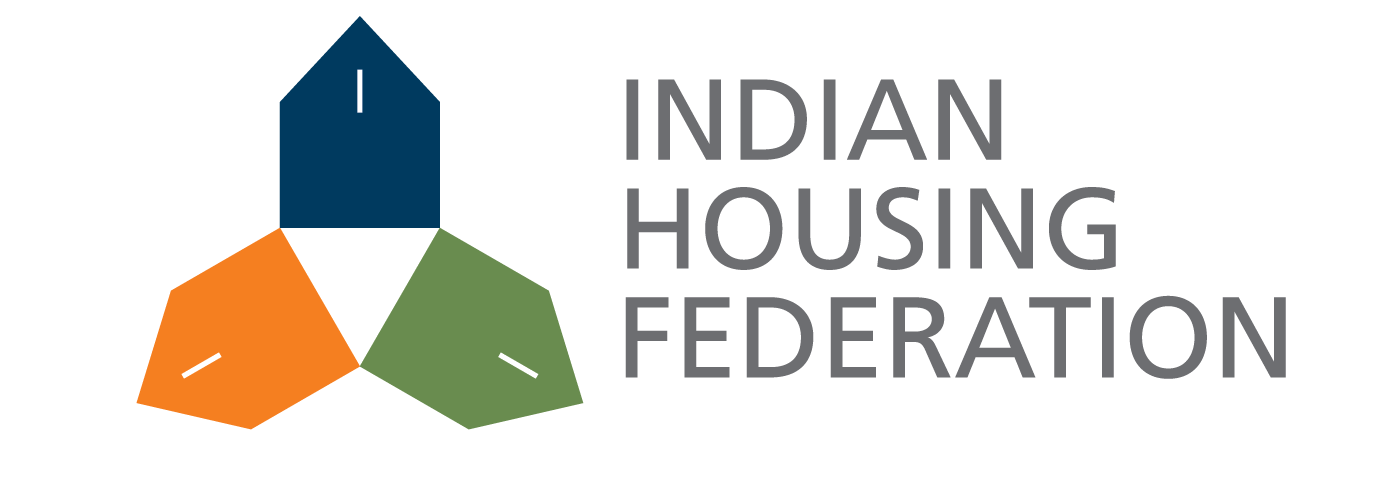Online
CEPT Research and Development Foundation (CRDF) at CEPT University, Ahmedabad and the Deutsche Gesellschaft für Internationale Zusammenarbeit (GIZ) GmbH India are jointly organising a virtual roundtable focused on ‘exploring possibilities for mainstreaming inclusionary zoning in Indian cities’ under GIZ-supported urban project ‘Sustainable Urban Development – Smart Cities’ (SUD-SC).
Provision of adequate and affordable housing is one of the major challenges for urban planning in India. In 2012, the urban housing shortage in India was estimated to be around 18.87 million. Majority of this shortage is concentrated in the low-income communities which need context specific housing solutions along with strategies to strengthen the submarkets in the housing sector.
One of the commonly referred planning solutions towards enabling affordable housing is ‘inclusionary zoning’. It aims at creating affordable housing options and ensuring spatial inclusion of low-income communities in order to develop neighbourhoods of mixed income groups. Inclusionary zoning is an urban planning regulation that provides incentives to private developers to incorporate affordable or social housing as a part of market driven development. It encourages developers to incorporate affordable housing into the same development or site, build it at a different location, or contribute money or land to the local government/authority to produce social or affordable housing in lieu of the construction project.
Inclusionary zoning first started in the USA in the 1970s to include households of different racial identities and income levels. In the 1990s, the UK adopted it to create affordable housing without directly spending public money. Brazil adopted it in 2002 and in India, Mumbai adopted it in 1991, the National Urban Housing and Habitat Policy (NUHHP) recommended it in 2007 and in the last decade several states and cities have adopted it.
The roundtable focused on affordable housing aims to discuss the experiences, challenges and opportunities in inclusionary zoning by learning from global and local examples.
The roundtable is structured into the following three sessions
Inaugural Session: To lay out the context, challenges and opportunities related to the adoption of inclusionary zoning. The speakers in the session are: Prof. Saswat Bandyopadhyay (CEPT University, Ahmedabad); Dr. K. Rajeswara Rao (IAS, Special Secretary, NITI Aayog, Government of India); Ms. Aparna Das (Senior Advisor, SUD-SC, GIZ India)
Experience and Lessons: In this session presentation and moderated panel discussion shall be held to discuss national and global case studies.
The technical presentations will be moderated by Dr. Saswat Bandyopadhyay. The case studies will be:
‘Inclusionary Housing: Global and National Perspective’ by Prof. Sejal Patel (Programme Chair, Master of Urban Housing, CEPT University, Ahmedabad)
‘Inclusionary Housing and Spatial Inclusion: Experiences from South Africa’ by Dr. Warren Smit (Research Manager, African Centre for Cities, University of Cape Town, South Africa)
‘Inclusionary Housing: Role of the Housing Finance Sector’ by Mr. Monu Ratra ( CEO, IIFL Home Finance Ltd.)
‘Inclusionary Housing and Spatial Inclusion: Experiences from Brazil’ by Ms. Anaclaudia Rossbach (Regional Manager, Cities Alliance, South America).
Following this, the panel discussion on ‘Spatial Inclusions - Experiences and Lessons’ will be moderated by Prof. Sejal Patel (Programme Chair, Master of Urban Housing, CEPT University, Ahmedabad). The expert panel comprises: Dr. Ajay Suri (Senior Advisor, National Institute of Urban Affairs [NIUA], New Delhi); Aparna Das (Senior Advisor, SUD-SC, GIZ India); Anaclaudia Rossbach (Regional Manager, Cities Alliance, South America); Prof. Angelique Chettiparamb (University of Reading, United Kingdom); and Prof. P. K. Mohanty (Retd. IAS and University of Hyderabad).
3. Closing Session: To discuss key learnings and the way forward. It will be addressed by Prof. Sejal Patel (Programme Chair, Master of Urban Housing, CEPT University, Ahmedabad) and Ms. Aparna Das (Senior Advisor, SUD-SC, GIZ India)
Join here (MS teams Platform): bit.ly/32G6FpY
The detailed agenda of the roundtable is enclosed below.

